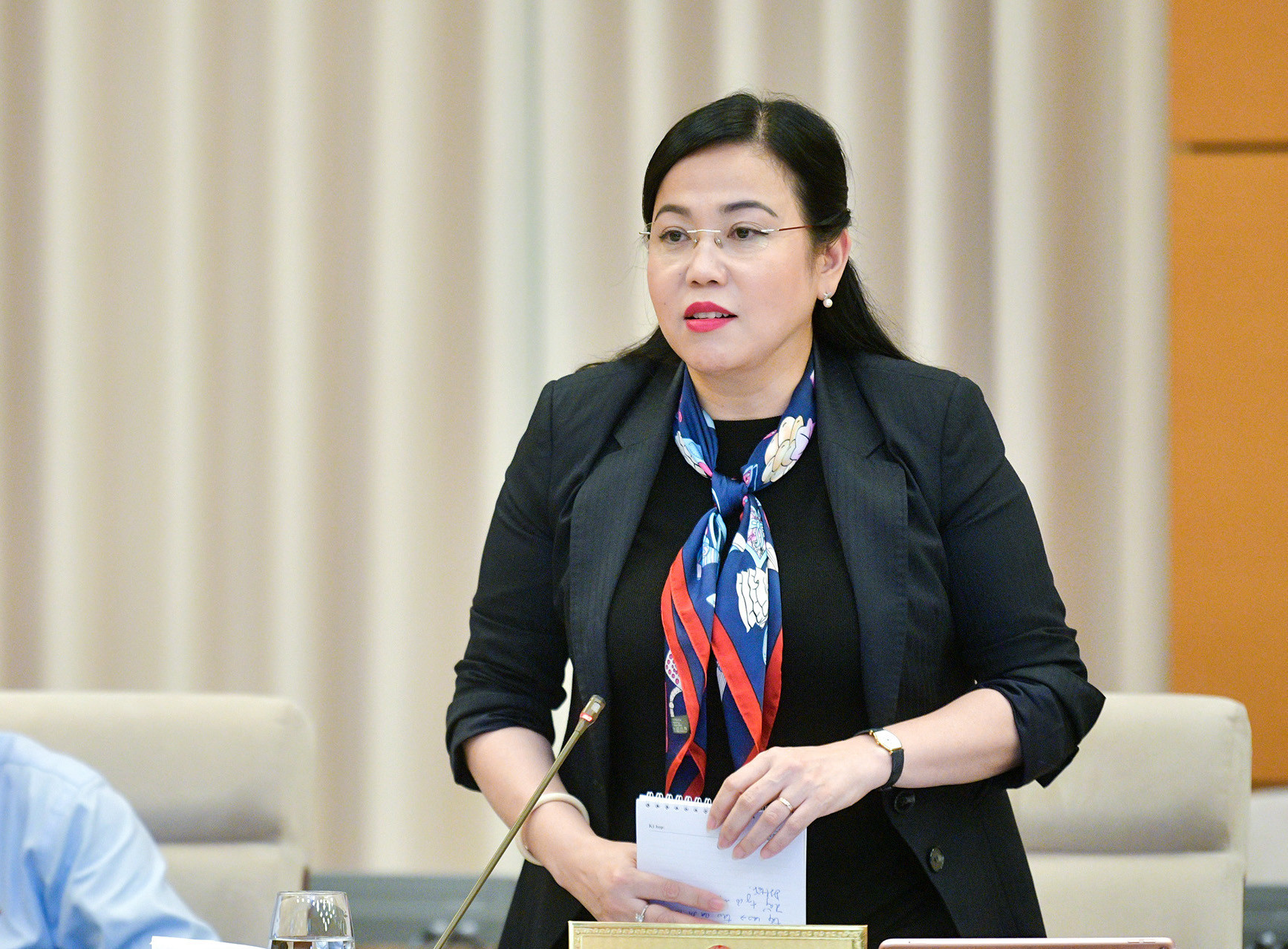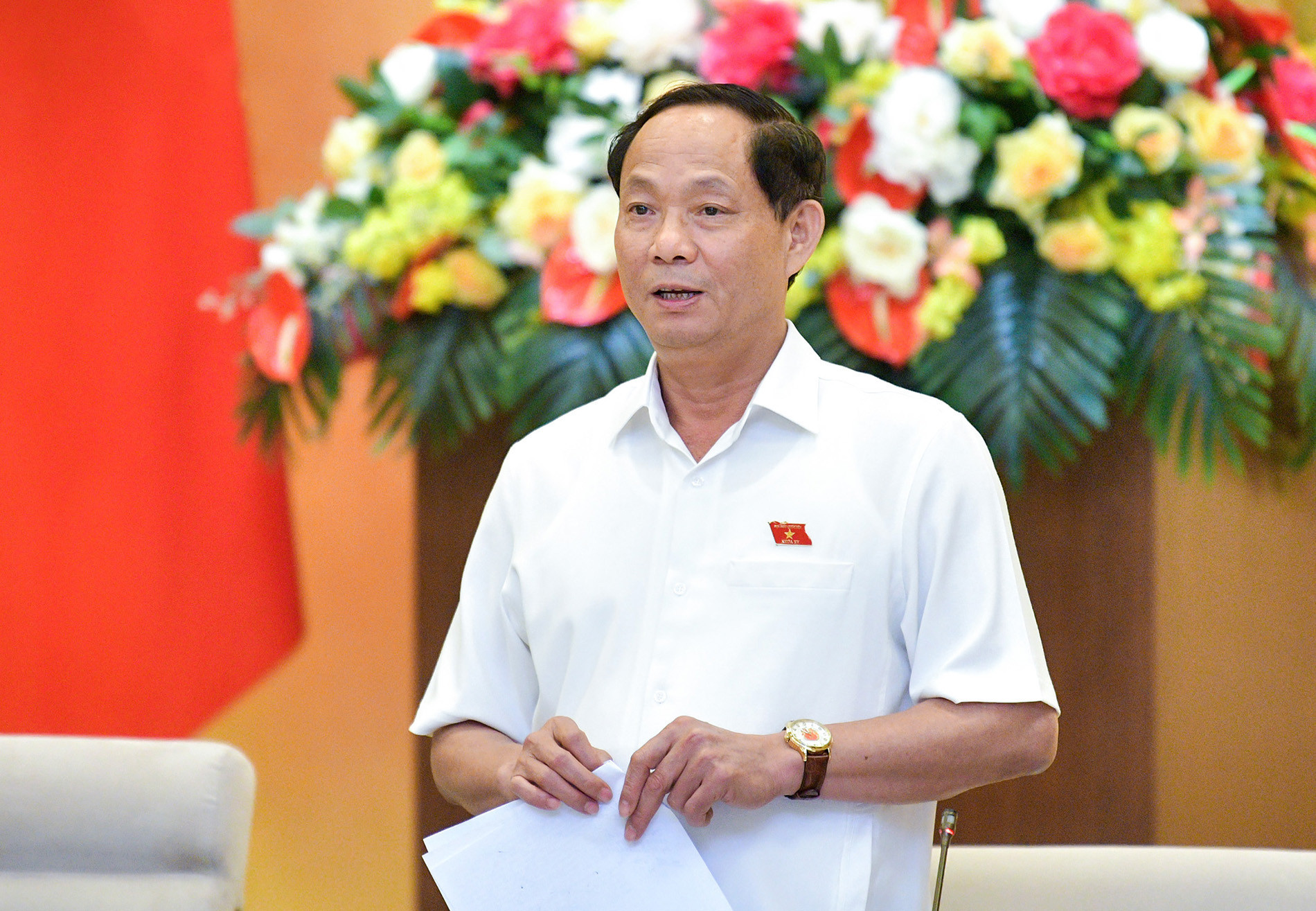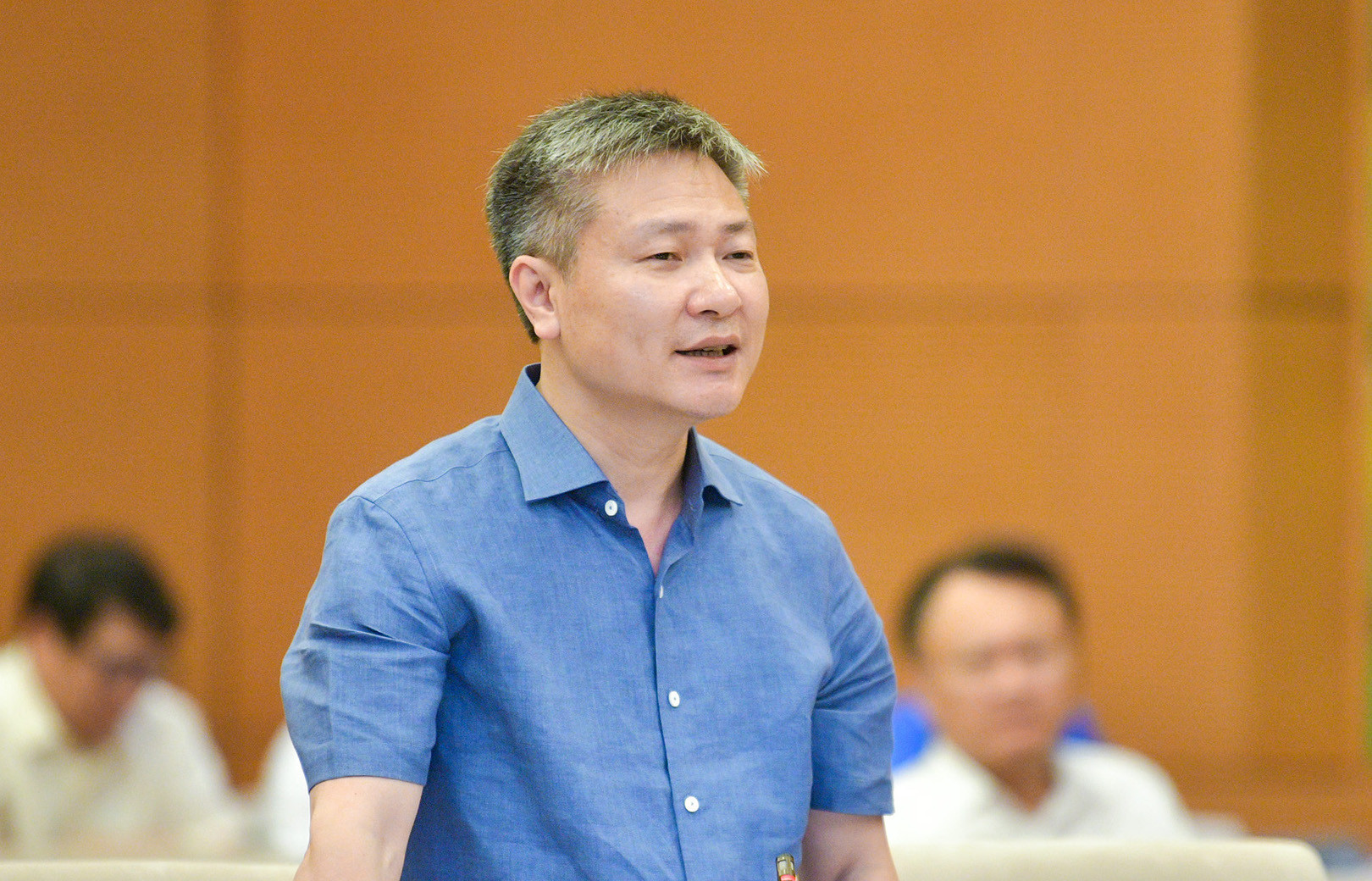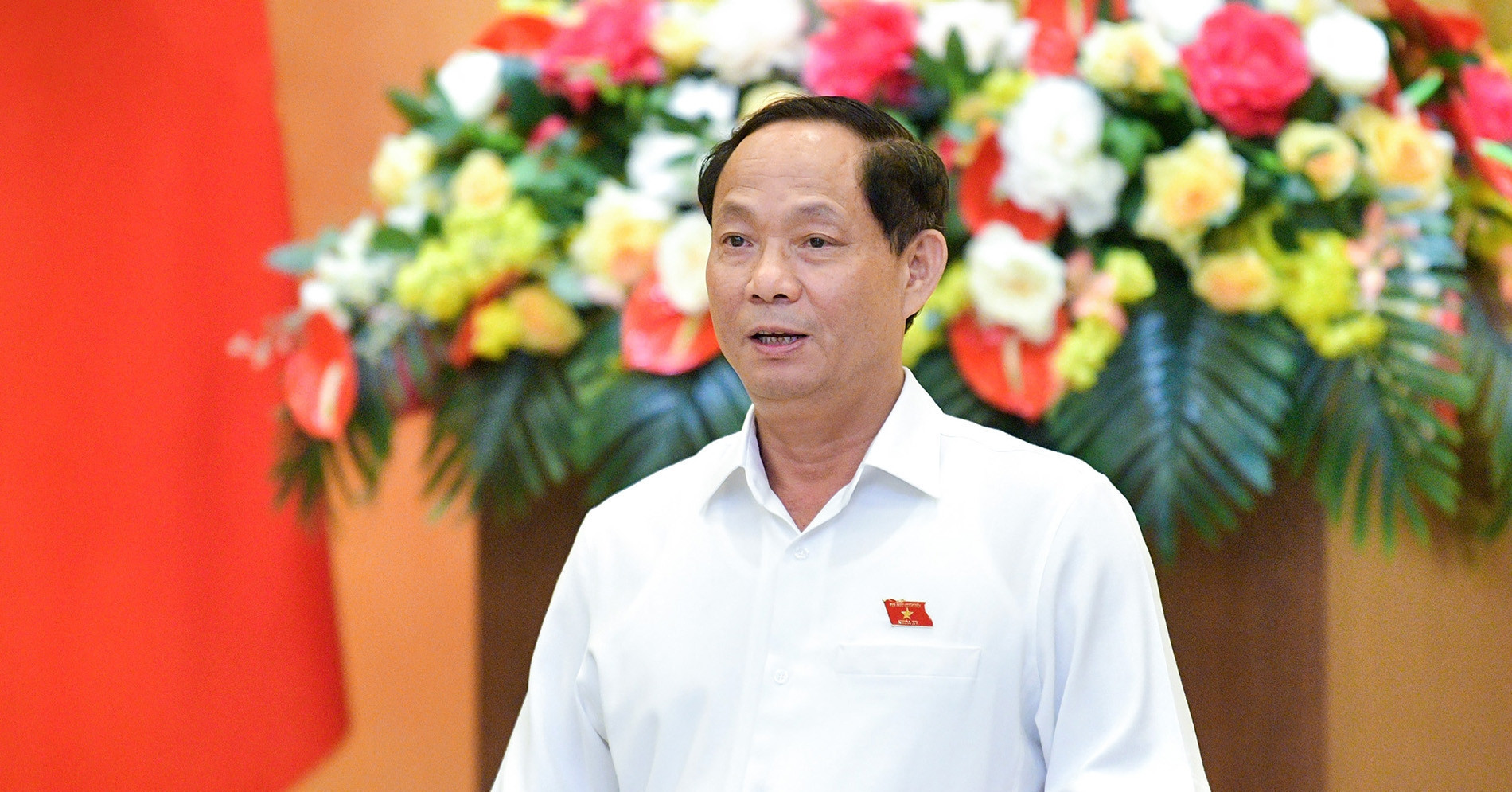Vice Chairman of the National Assembly Tran Quang Phuong has urged the Government to direct the Ministry of Education and Training (MOET) to review university admission methods. He also recommended that the National Assembly Committee on Culture and Education collaborate with the Ministry on this issue and report back to the National Assembly Standing Committee.
Vice Chairman Phuong raised these concerns during the August 19th session of the National Assembly Standing Committee, where the committee reviewed reports on public grievances.

“Is entering university easier than high school?”
Nguyen Thanh Hai, Head of the National Assembly Committee for Deputy Affairs, highlighted that July was marked by significant events, including the high school graduation exam and university admissions.
Through media reports, she observed that university admissions were well-executed, providing ample opportunities for students to access higher education, ranging from reputable institutions to top-tier universities.
However, Hai pointed out that voters have expressed concerns over the overwhelming number of university admission methods, making it difficult for students to choose the right path.
“This is quite different from our time, when we simply chose to take exams for specific subject groups like A, B, or C, and the admission criteria were very clear,” she remarked.
Hai also noted that the increasing number of early admissions, sometimes even before the high school graduation exam, has led some universities to nearly fill their quotas before conducting exams, resulting in higher admission scores.
“I believe there should be regulations or recommendations for MOET to study this issue. While universities have significant autonomy in admissions, this doesn’t mean they can do whatever they want. There need to be regulations and oversight to ensure that they attract talented students without compromising on quality,” she suggested.
Hai recommended that these concerns be included in the public grievance report, citing voter observations that it sometimes seems easier to enter university than to get into 10th grade, 6th grade, or even 1st grade.

Vice Chairman Tran Quang Phuong also acknowledged the public’s concerns about the quality of university admissions, particularly when admission quotas are filled through early admissions.
The Standing Committee of the National Assembly suggested including an evaluation of university admissions quality in the report, with a focus on the increasing number of admission methods and how this impacts the balance between exam-based admissions and other criteria.
He urged the Government to direct MOET to review university admission methods and provide a comprehensive report on the matter.
Additionally, the Committee on Culture and Education was tasked with working closely with MOET to address this issue and report back to the Standing Committee.
“If necessary, I suggest that Mr. Vinh (Chairman of the Committee on Culture and Education Nguyen Dac Vinh) organize a hearing if the explanations are not clear,” the Vice Chairman advised.
Students riding motorbikes without licenses: A growing concern

In response to voter concerns about the increasing prevalence of students using electric motorcycles and the rising rate of traffic accidents involving these vehicles, Deputy Minister of Public Security Nguyen Ngoc Lam provided an update. He noted that the situation of students violating traffic laws has become increasingly complex.
This includes incidents where secondary and high school students ride electric motorcycles, motorbikes, or mopeds without helmets, ride side by side, speed, overtake recklessly, ignore traffic signals, tow other vehicles, or use phones while riding.
The Deputy Minister highlighted that many students operate vehicles without a license, significantly increasing the risk of traffic accidents.
Citing data from early 2024, Lam reported that traffic police had handled 65,491 cases of student violations, including 18,327 cases involving electric motorcycles and 28,971 cases where students were underage for operating motorbikes or mopeds.
In July 2024 alone, there were 104 accidents involving students on electric bicycles, resulting in 102 traffic accidents, 29 deaths, and 101 injuries.
Lam also pointed out that some parents have not set a good example or recognized that educating their children on traffic safety is both a responsibility and a benefit.
To prevent and address traffic violations among students using electric motorcycles, the Ministry of Public Security has implemented several specific measures.
The Ministry has called for increased patrols and strict enforcement against students violating traffic safety regulations, particularly those riding electric motorcycles.
It has also launched extensive public awareness campaigns targeting students to educate them on road traffic laws.
“Each family must strictly adhere to the law and not allow their children to operate vehicles if they are underage or lack a license,” the Deputy Minister emphasized.
Thu Hang
